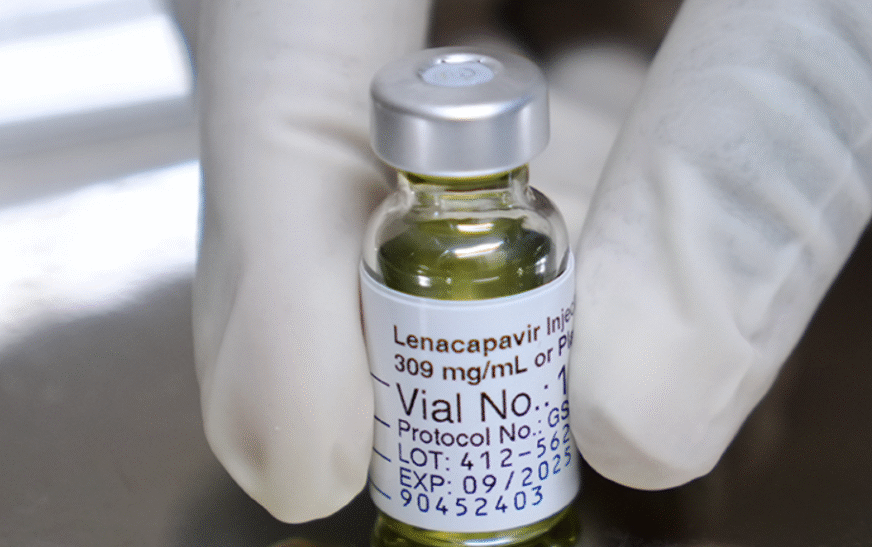The World Health Organization (WHO) has issues new guidelines recommending the use of injectable lenacapavir (LEN) twice a year as an additional pre-exposure prophylaxis (PrEP) option for HIV prevention, in a landmark policy action that could help reshape the global HIV response.
The guidelines are being issued at the 13th International AIDS Society Conference (IAS 2025) on HIV Science, in Kigali, Rwanda.
LEN, the first twice-yearly injectable PrEP product, offers a highly effective, long-acting alternative to daily oral pills and other shorter-acting options. With just two doses per year, LEN is a transformative step forward in protecting people at risk of HIV – particularly those who face challenges with daily adherence, stigma, or access to health care.
“While an HIV vaccine remains elusive, lenacapavir is the next best thing: a long-acting antiretroviral shown in trials to prevent almost all HIV infections among those at risk,” said Dr Tedros Adhanom Ghebreyesus, WHO Director-General.
“The launch of WHO’s new guidelines, alongside the FDA’s recent approval, marks a critical step forward in expanding access to this powerful tool. WHO is committed to working with countries and partners to ensure this innovation reaches communities as quickly and safely as possible.”he said.
The new guidelines come at a critical moment as HIV prevention efforts stagnate with 1.3 million new HIV infections occurring in 2024 – with disproportionate impact among key and priority populations, including sex workers, men who have sex with men, transgender people, people who inject drugs, people in prisons, and children and adolescents.
WHO’s recommendation on LEN signals a decisive move to expand and diversify HIV prevention, giving people more options to take control over their health with choices that fit their lives.
As part of these guidelines, WHO has recommended a public health approach to HIV testing using HIV rapid tests to support delivery of long-acting injectable PrEP, including LEN and cabotegravir (CAB-LA).
The simplified testing recommendation removes a major access barrier by eliminating complex, costly procedures and enabling community-based delivery of long-acting PrEP through pharmacies, clinics, and tele-health.



















